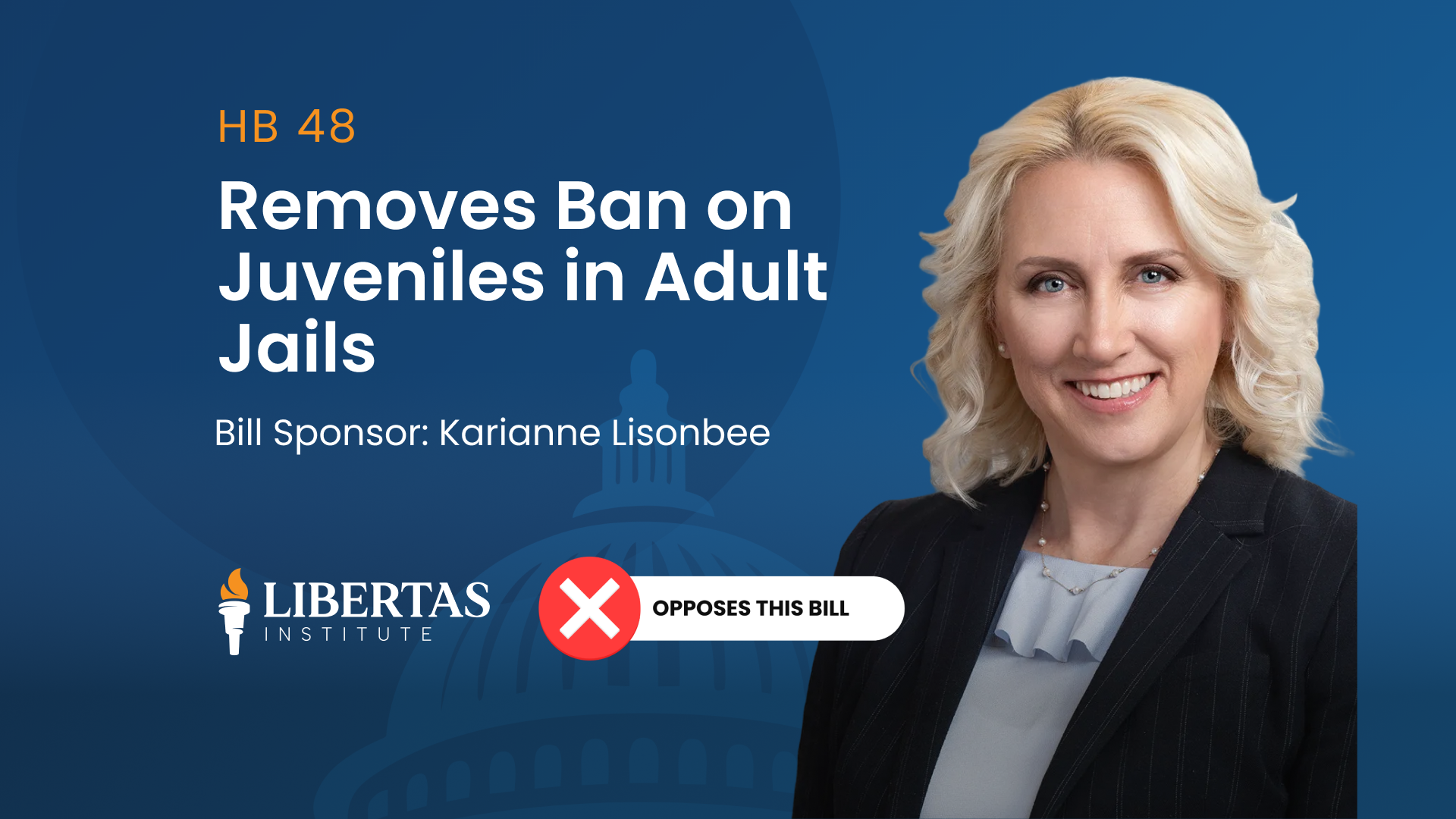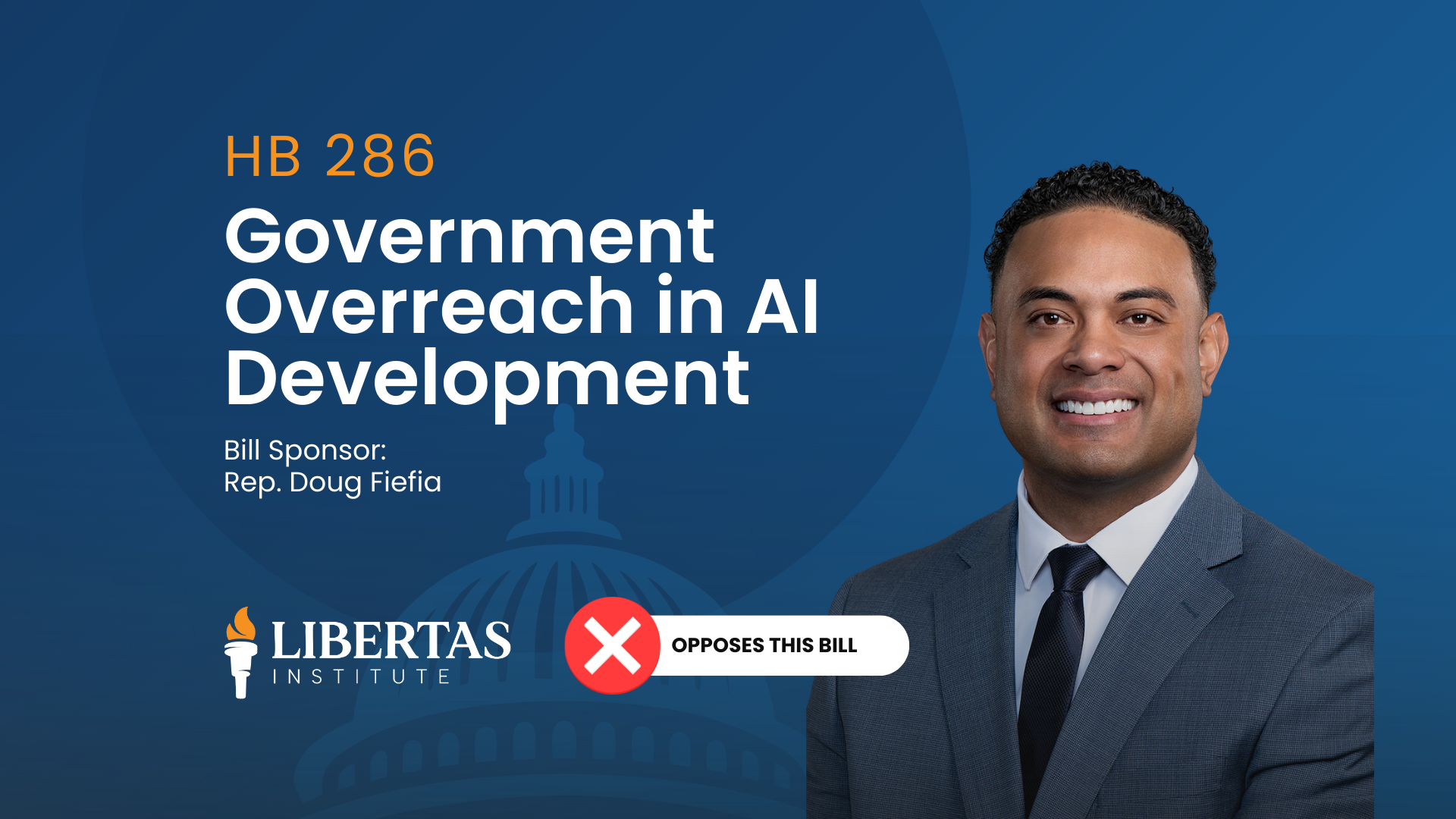To track the status of this bill, find it on our Legislation Tracker. Click here to contact the sponsor of the bill to share your thoughts, or click here to email your Senator and Representative about it.
Libertas Institute supports this bill
Until the end of last year, it was possible for physicians to write letters of recommendation for their patients to use medical cannabis, and these letters could be taken to a dispensary (“medical cannabis pharmacy”) so the patient could purchase their medicine.
This deadline existed because it was deemed sufficient time to allow the industry to get set up and the system to become operational for physicians to enroll patients for their card. But many physicians recommend cannabis for only a tiny handful of patients, and so having them take four hours of education, pay a fee, and learn a new computer system is a barrier that has led many of them to refuse writing a recommendation.
Senator Luz Escamilla is sponsoring Senate Bill 170 to substantially reduce this barrier so patients have better access. Under this bill, any physician can continue to write informal letters for up to 15 patients without having to become a registered physician, take the course, and pay the fee.
These “limited medical providers” can thereby have an easy process to onboard their patients and familiarize themselves with the process. Only when they exceed 15 patients total will they be required to then become a registered provider and go through the bureaucratic process — but likely they would have enough incentive to do so at that point since they have a number of patients relying on their support.
Once a patient takes their doctor’s letter to the dispensary, the pharmacist would then enroll the patient into the system to process their card and provide them their medicine, making a convenient process for the patient.
SB 170 also extends a deadline for out-of-state purchases of cannabis to July 1 for medical cannabis patients, since the rollout of the industry has been delayed due to COVID-19 and other reasons. This helps patients continue to access their medicine while they wait for a closer location in-state where they can purchase their prescription.
These important changes help ensure Utah’s medical cannabis program continues to roll out successfully to better serve patients.




